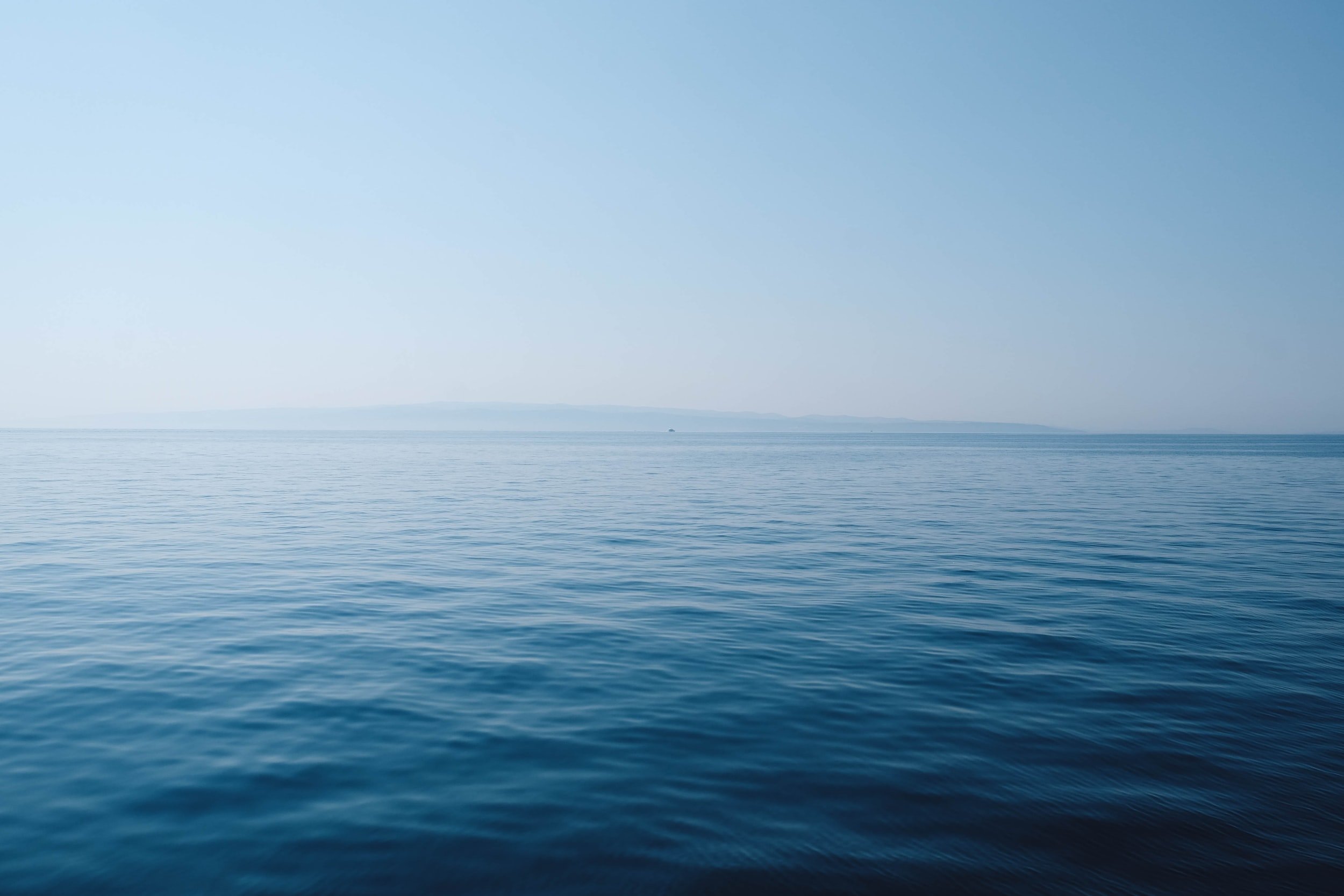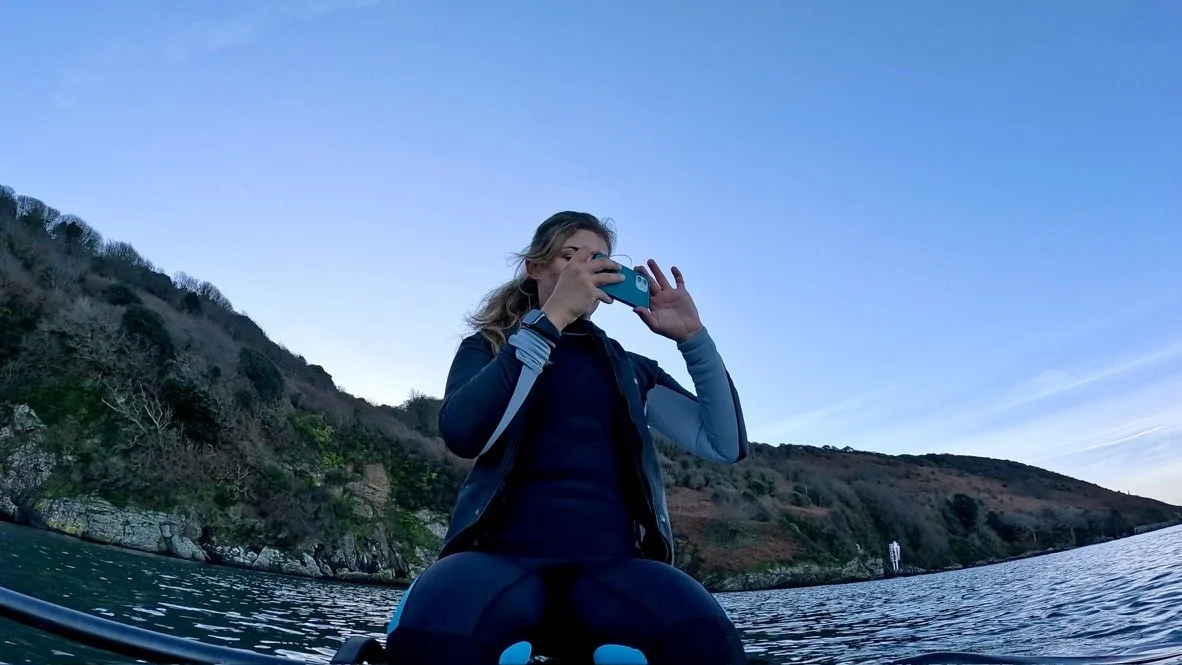
News
Updates, Tips, and Stories for Paddlers
Top 5 Paddle Boarding Tips for Your First SUP Outing
Are you ready to experience the excitement of stand-up paddle boarding (SUP)? From California’s sunny coasts to Florida’s beautiful lakes, SUP has become one of America's favorite water sports. Whether you’re looking for a peaceful paddle or an epic adventure, safety is essential. Here are some important paddle boarding safety tips to ensure your first outing is enjoyable, safe, and memorable.
Why PaddleLIVE® is a must-have safety feature for all paddlers
For paddlers of all kinds, from seasoned experts to those just starting out, safety on the water is a priority. Paddling is an incredible way to explore and connect with nature, but unpredictable conditions, strong currents, and rapidly changing weather can turn a routine outing into a risky experience. PaddleLIVE®, one of Paddle Logger’s safety features, was designed with these challenges in mind. With real-time location tracking and automated alerts, it keeps you connected to your chosen emergency contacts, offering both you and your loved ones peace of mind.
Kayaking Technique Tips: Improve Your Skills with Paddle Logger
Good kayaking technique is essential for efficiency, safety, and enjoyment on the water. By improving your paddling skills, you can conserve energy, increase speed, and navigate more challenging conditions with ease. The Paddle Logger app allows you to track your progress by monitoring stats like speed, distance, and pace, allowing you to see real improvements over time. Here are some key kayaking technique tips, along with insights on how tracking your sessions can elevate your skills on the water.
Stay on course: How PaddlePLAN® keeps you safe on the water
Navigating open water can be exhilarating, but it also comes with challenges, especially for paddlers up for adventures in unfamiliar areas. PaddlePLAN® was released in Paddle Logger’s latest major update. It was designed with these adventurers in mind, bringing paddling navigation tools to your iPhone and Apple Watch.
PaddlePLAN® allows you to plot detailed routes, track your location in real-time, and stay safely on course with haptic feedback and on-screen alerts, even if you stray from your route.
Unlock Your Potential: Analyse Your Paddling
Whether you’re into stand up paddle boarding, kayaking, canoeing or any other paddle sport, understanding your performance data is key to maximise your potential. With Paddle Logger, you can track vital metrics like speed, pace, and heart rate, and check out how they change throughout your session by viewing the graphs. This isn’t just about numbers; the data is designed to help you improve and become a better paddler.
PaddleLIVE™: built with paddlers in mind
When you’re out on the water, be it on a stand-up paddleboard (SUP) or a kayak, the sense of freedom and connection to nature is unmatched. Yet, with this freedom comes the inherent risks of open water. This is where PaddleLIVE™ comes in—an essential tool designed not just to enhance your paddling experience, but to keep you safe.
Making use of markers
As someone who paddles several times a week, I’m always hunting for ways to enhance my training and make my sessions more enjoyable and productive. One of the features in the Paddle Logger app that has transformed my training is the ability to drop markers during my paddling routes. Whether you’re a social paddler or a seasoned racer, using markers can add more value to your usual routine.
Paddle Logger Pro Tips: Using your Heart Rate Zones
If you use Paddle Logger on Apple Watch, you’ll know that you can use it to track your heart rate and check out your heart rate zones after each session. For paddlers looking to improve their performance on the water, understanding and utilising your heart rate graphs and zones can be a game-changer. Whether you're a recreational kayaker, a competitive canoeist, or an avid stand-up paddle boarder, monitoring your heart rate during training sessions can provide valuable insights into your exertion levels, optimise your workouts, and ultimately enhance your paddling progress so that you can take it to the next level.
9 Safety Tips for Paddlers
Paddling offers a unique opportunity to connect with nature, explore scenic waterways and enjoy moments on the ocean. Whether you’re kayaking down rapids, canoeing along tranquil rivers or stand up paddle boarding across coastlines, safety should always be a top priority for paddlers of all skill levels.
How sleep can affect your paddling performance
Many people paddle for social and leisure purposes, but if you’re paddling frequently to improve your fitness or training for an event you might find it interesting to hear how resting more can improve your paddling. The three core pillars of sports performance are training, nutrition and recovery. In recent years, getting good quality sleep has been recognised as a key tool to improve athletic performance. We know that sleep is an important part of resting and recovering from your training, but why exactly does sleep help, what happens if you aren’t sleeping enough and what can you do to maximise the quality of your sleep?










